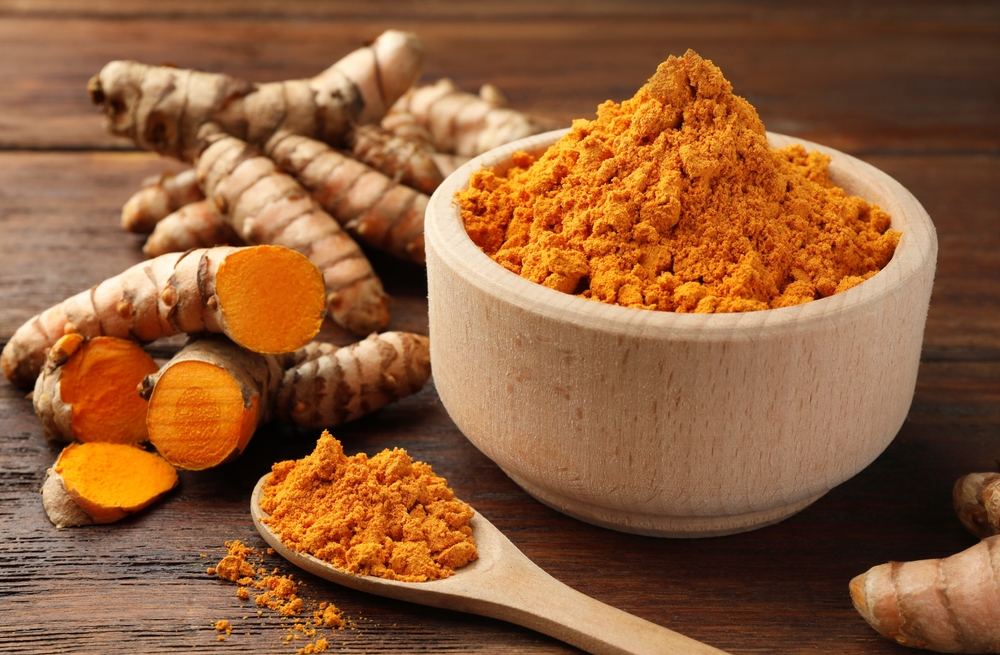2. Turmeric (Curcumin)

Turmeric is a yellow spice traditionally used in Indian cooking and Ayurvedic medicine. The main active component, curcumin, is known for its strong anti-inflammatory and antioxidant effects. It works by inhibiting various molecules involved in inflammation, including cytokines and enzymes like COX-2.
In people with psoriatic arthritis, curcumin may reduce joint pain, swelling, and stiffness by targeting the underlying inflammatory process. A commonly studied dose is 500 milligrams taken one to three times per day. Most supplements include black pepper extract, called piperine, which increases curcumin absorption by up to 2000 percent.
Curcumin also appears to interfere with the activation of T-cells, a component of the immune system involved in autoimmune attacks. By calming this immune response, curcumin may help reduce the frequency and intensity of flare-ups.
Unlike pharmaceutical drugs, curcumin tends to have few side effects when taken at recommended doses. However, very high doses can cause gastrointestinal upset in some individuals. It is not advised for people with gallbladder disease or those taking blood thinners without prior medical guidance.
Using turmeric in cooking may offer some benefit, but therapeutic effects generally require concentrated extract in supplement form. Adding this supplement to a broader anti-inflammatory routine may improve joint comfort and mobility over time.
